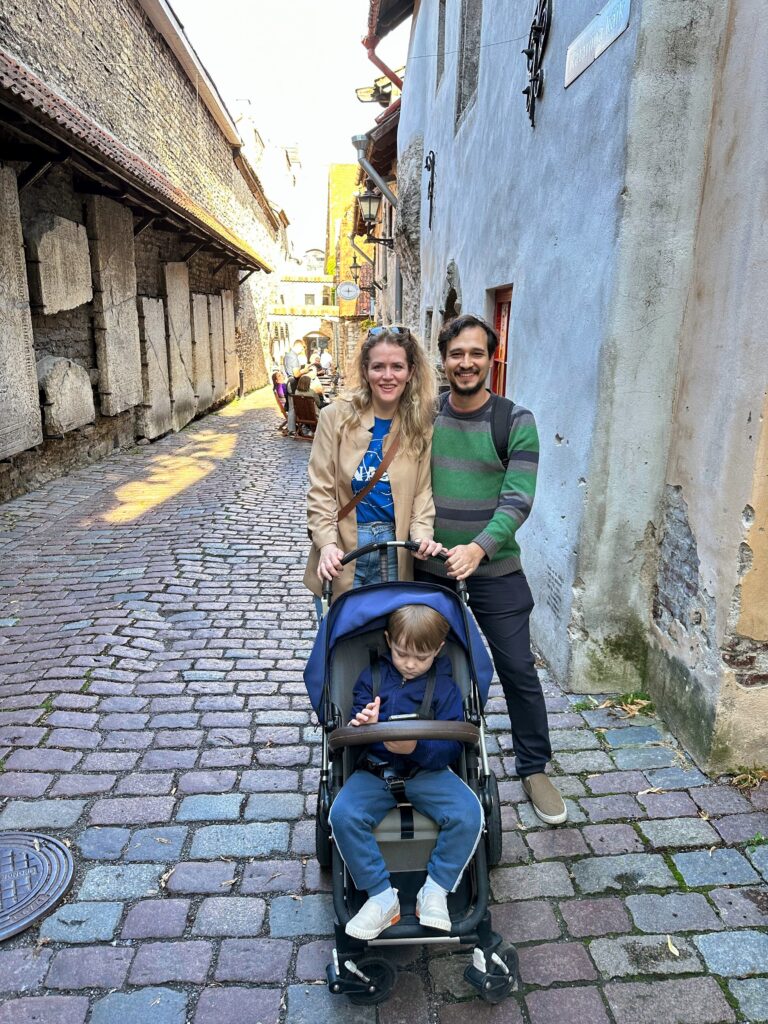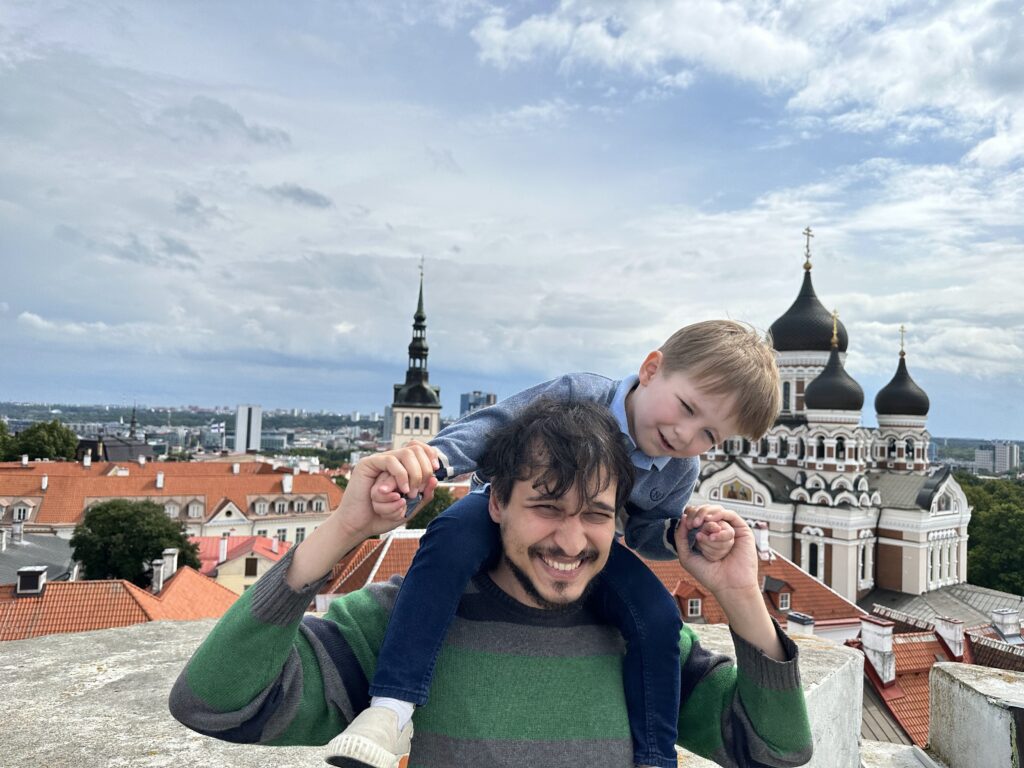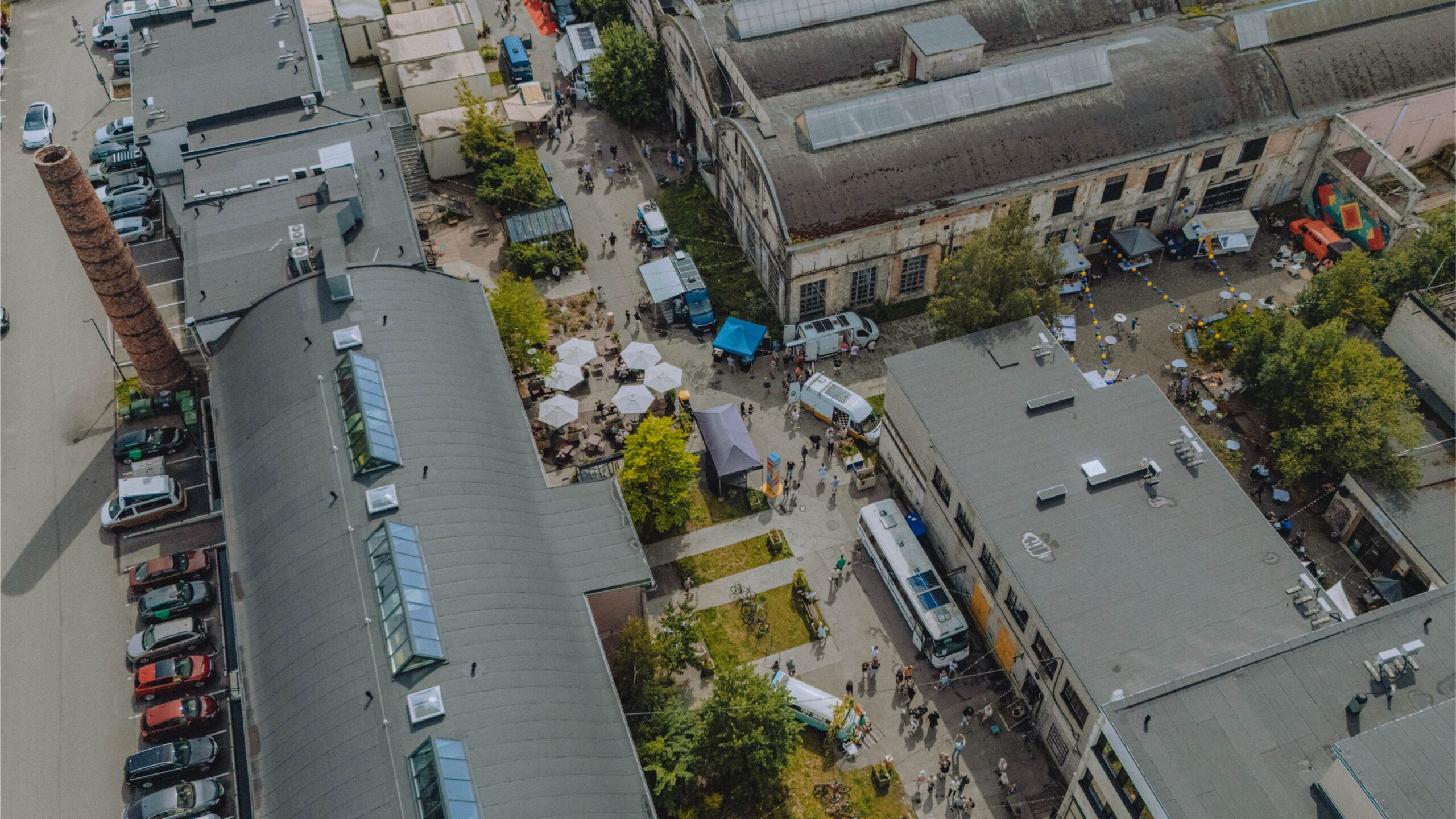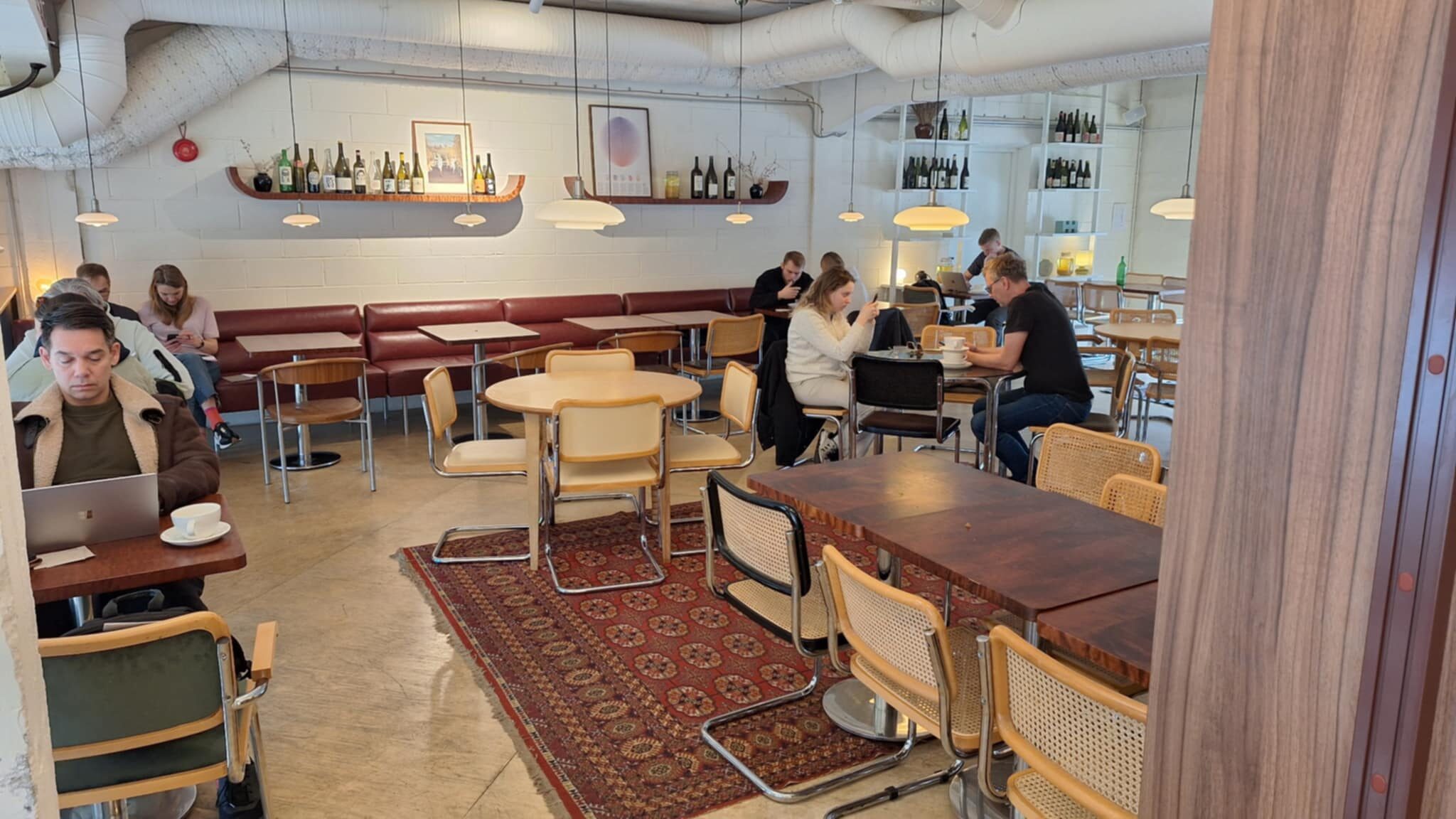
This was my first visit in nine years. The world changes fast, but Estonia seems to be evolving even more quickly. After being stuck in the past under Soviet rule, Estonia has surged ahead since regaining independence, often seeming to leap ahead of other countries.
But that’s a topic for another day. Here, I want to share my thoughts on parenting in Estonia compared to Brazil. My son was born in Brazil in 2019, so all I have to go on are my observations of how parenting differs between these two places.
Keep in mind that my observations are pretty general — every parent is different. But one clear difference I noticed is in the level of emotional closeness between Estonian and Brazilian parents.
… it’s common for Estonian kids as young as four or five to walk around on their own. In Brazil, though, many teenagers have never even used public transportation by themselves due to safety concerns.
In Estonia, it seems like kids are raised with a strong focus on becoming independent. For example, it’s common for Estonian kids as young as four or five to walk around on their own. In Brazil, though, many teenagers have never even used public transportation by themselves due to safety concerns.
Brazilian families, on the other hand, are all about togetherness. It’s not just parents and siblings who are deeply involved, but also grandparents, aunts, uncles, and cousins. Family gatherings are a regular thing, and there’s rarely a moment of being alone. Brazilian family life is full of affection, hugs, and playful interactions. Kids are allowed to be messy and loud, and this is accepted as part of their natural behaviour.
However, being so tight-knit can be challenging sometimes. For instance, my husband has always dreamed of living abroad to see what it’s like, but he can’t bear the thought of being far from his family. And it’s hard to ever say no to family gatherings, because Brazilians take it as an offence. And you can expect that relatives just pop by at your house without any warning. So it can be a little overbearing at times.
In Estonia, there’s a strong emphasis on raising kids to be independent as quickly as possible. I noticed this when I saw young kids playing alone a lot. There was one time at a playground when a mother’s young child (around three to four years old) asked her to push him on a merry-go-round, and she snapped at him to do it himself. I felt so bad for the little boy. My mom, who was with us, suggested that we should also encourage our son to be more independent. My husband had an interesting take on this: “But this way, you’re teaching your children to never ask for your help.”

That really struck a chord with me. I’ve always had a hard time asking for help because I was raised to think I should handle everything on my own. In Brazil, though, people ask for help easily, even for things that could be done alone. For example, instead of checking directions on Google Maps, Brazilians might call a friend to explain how to get somewhere — something I wouldn’t even think of doing myself.
I also noticed that Estonian parents seem to lose their patience with their kids faster than Brazilian parents. At the Tallinn Zoo, for example, I saw a mom who was annoyed with her two noisy sons and threatened them to quiet down. It seemed like she was more concerned about what others thought than about her kids’ feelings. While I understand the need to respect others, it’s also clear that kids are different from adults and will be noisy sometimes.
At three years old, it’s pretty normal for toddlers not to share, but my Estonian friend scolded me and warned me not to tolerate that behaviour. I was honestly shocked.
There was another moment at a play area where I was with my son, a friend, and her kids. My friend’s daughter shared her snacks with my son, but he refused to share his candies in return. At three years old, it’s pretty normal for toddlers not to share, but my Estonian friend scolded me and warned me not to tolerate that behaviour. I was honestly shocked.
What Estonian and Brazilian parents have in common, though, is that they both value education highly and invest a lot in their children’s studies and activities. The main difference is that Estonians generally have access to good public schools, while many Brazilian families need to pay for private schooling.
In my own parenting, I blend elements from both cultures. From Brazilian parenting, I’ve adopted a warm and affectionate approach with my son, being patient and understanding, while maintaining close ties with family. From Estonian parenting, I encourage him to be as self-reliant as possible.
I’m grateful for the chance to learn from different cultures. If you’ve only ever experienced one approach to parenting, it can be hard to imagine other approaches. If you liked this article and want to see more about everyday life from different perspectives, check out my new YouTube channel, “Question It With Marili.”



